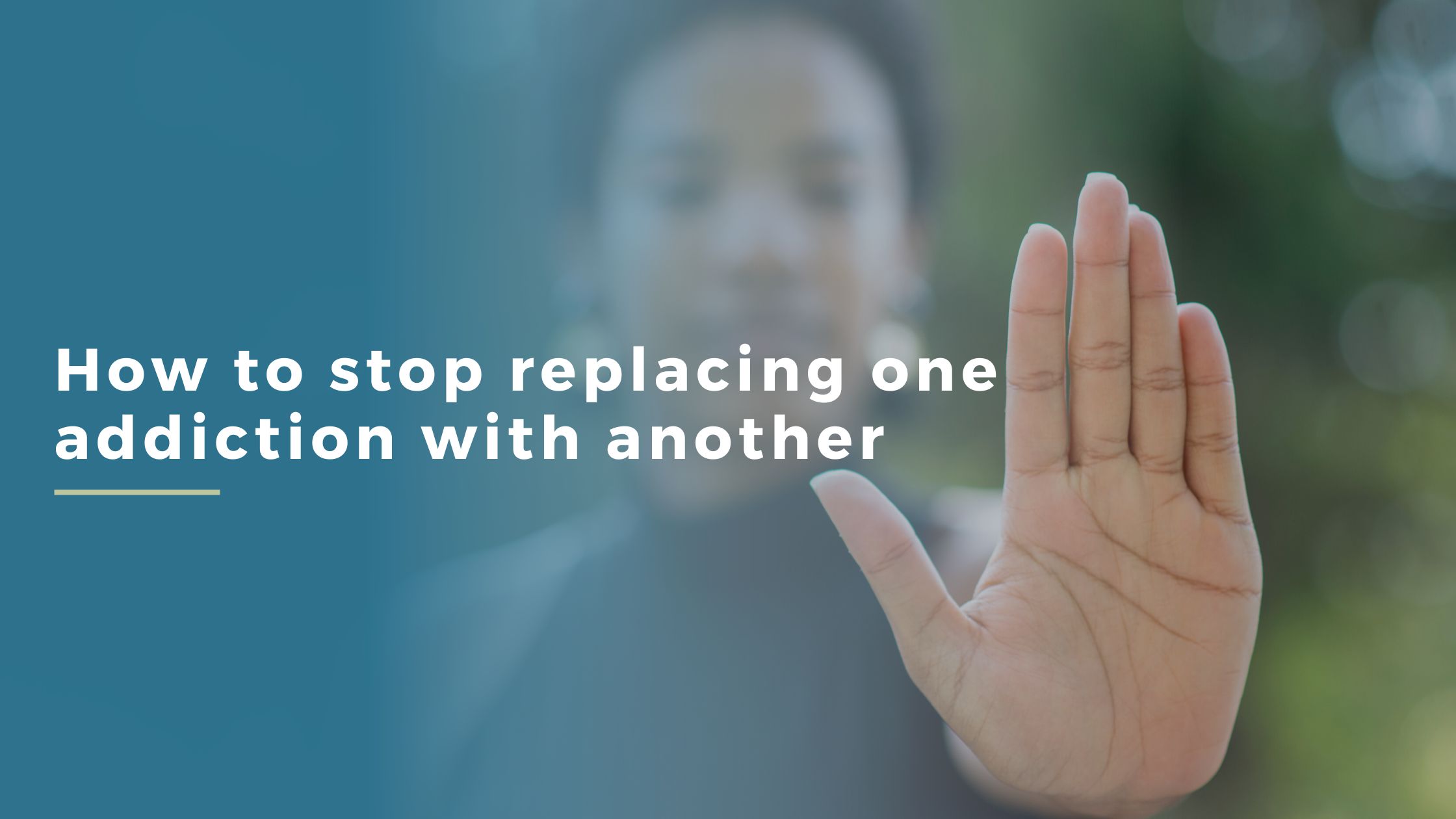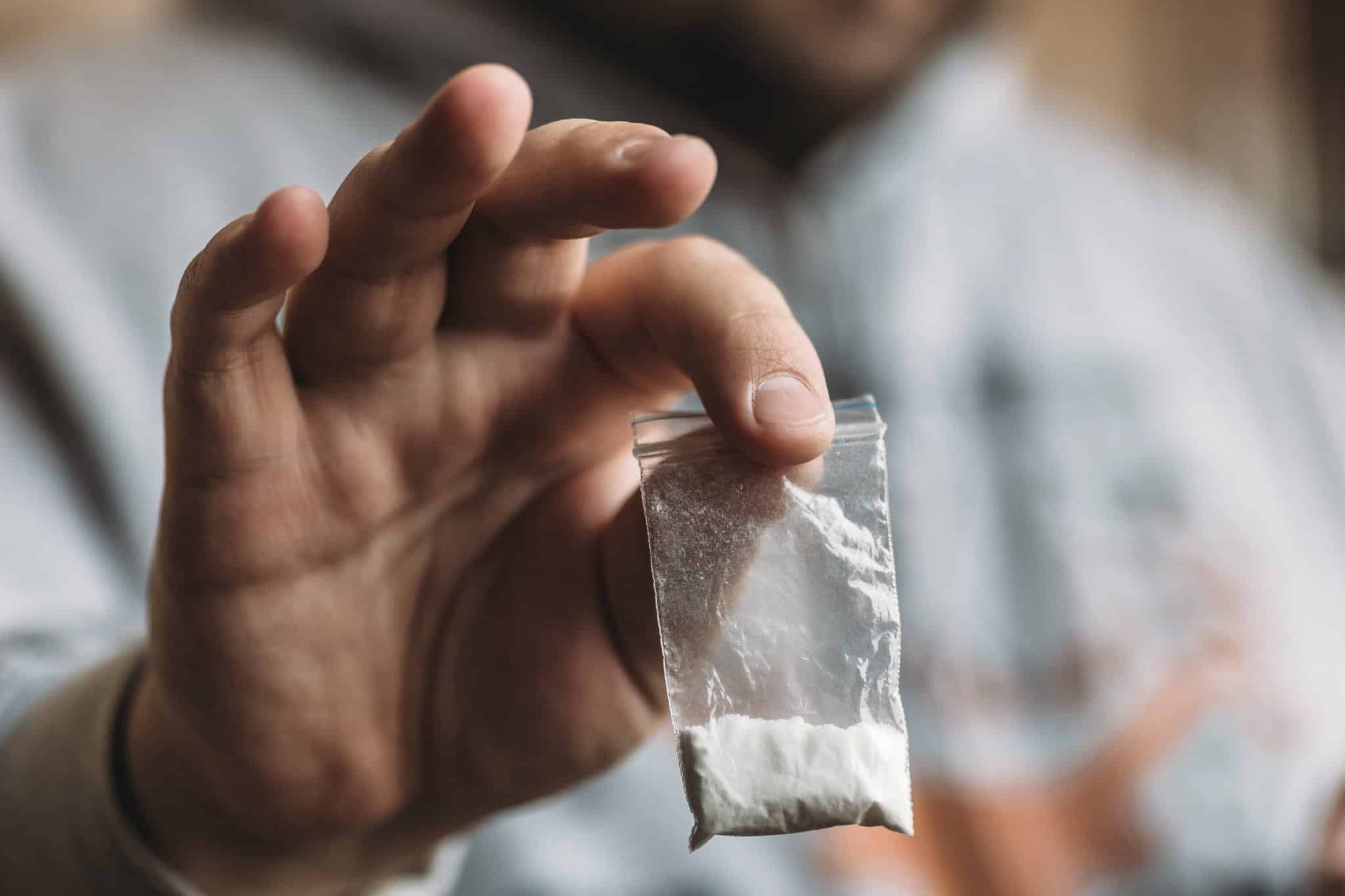People in recovery often focus on practicing self-sufficiency rather than dependency. Whether you’re in recovery or currently experiencing an addiction, you might find yourself switching one compulsion for another. This psychological drive sometimes results in addiction replacement.
Recognizing Addiction Replacements
Recovering from a substance sometimes results in substituting one addiction for another. Activities like exercise offer healthy and productive distractions — unless they become compulsive. Other fixations include work, shopping, gambling, relationships and sex, food and other substances. These activities all offer sources of dopamine, which gives you a good feeling. However, too much of anything will provide adverse outcomes.
Transferring one fixation onto another may slow a proper recovery. Some side effects include relapsing on the original habit or becoming addicted to both. Instead of changing the focused interest, an excellent goal involves regaining control of one’s life by exercising your choices. This freedom offers relief and a healthier lifestyle.
Understanding Substitute Addiction
Substitute addiction often begins as a means to handle underlying conditions. Untreated physical, mental or emotional issues often create a desire for coping mechanisms. Stimulants activate the pleasure center of the brain. A replacement creates the same or similar chemical reactions as the original addiction.
Someone in recovery with years of sobriety may accidentally relapse due to conditions like anxiety. Benzodiazepines in prescribed medications stimulate the brain similarly to other addictive substances. If people recovering from addiction use medications to treat a medical condition, it’s important they follow the correct usage instructions from a professional.
Tips for Being Proactive
Proactive thinking allows you to create a preventive plan for potential triggers. Keep your mind and body centered away from addiction replacement possibilities. You can move toward a healthy and addiction-free life with these steps:
- Advocate for yourself: Speak up when doctors ask about your health and medication history. A clear understanding of your background allows professionals to make the best judgment when handling medical care.
- Say no: If a social event triggers an addiction, say no to going. Suggest a different environment or activity for hangouts with friends and family who want to spend time with you.
- Take notes: Write down any urges or strong feelings, such as cravings and wishes to conceal an addictive activity. Seek help from a treatment center and share these details with a counselor.
Addiction Treatment in Asheville
Learn how to stop replacing one addiction with another at the Crest View Recovery Center. Located in the Blue Ridge Mountains of Asheville, North Carolina, our center offers a peaceful setting in nature for recovery.
Call 866-986-1371 or fill out a contact form today!




